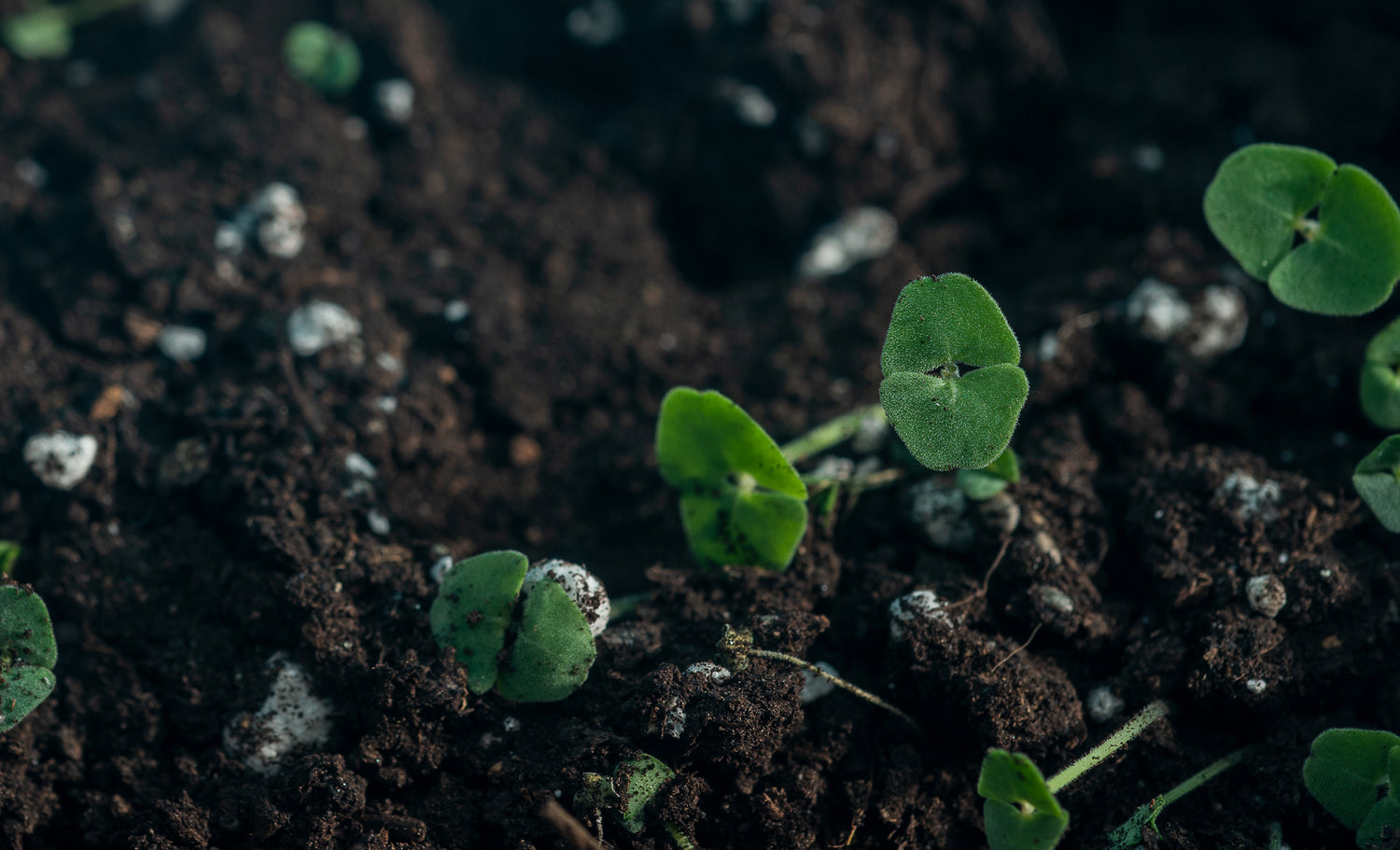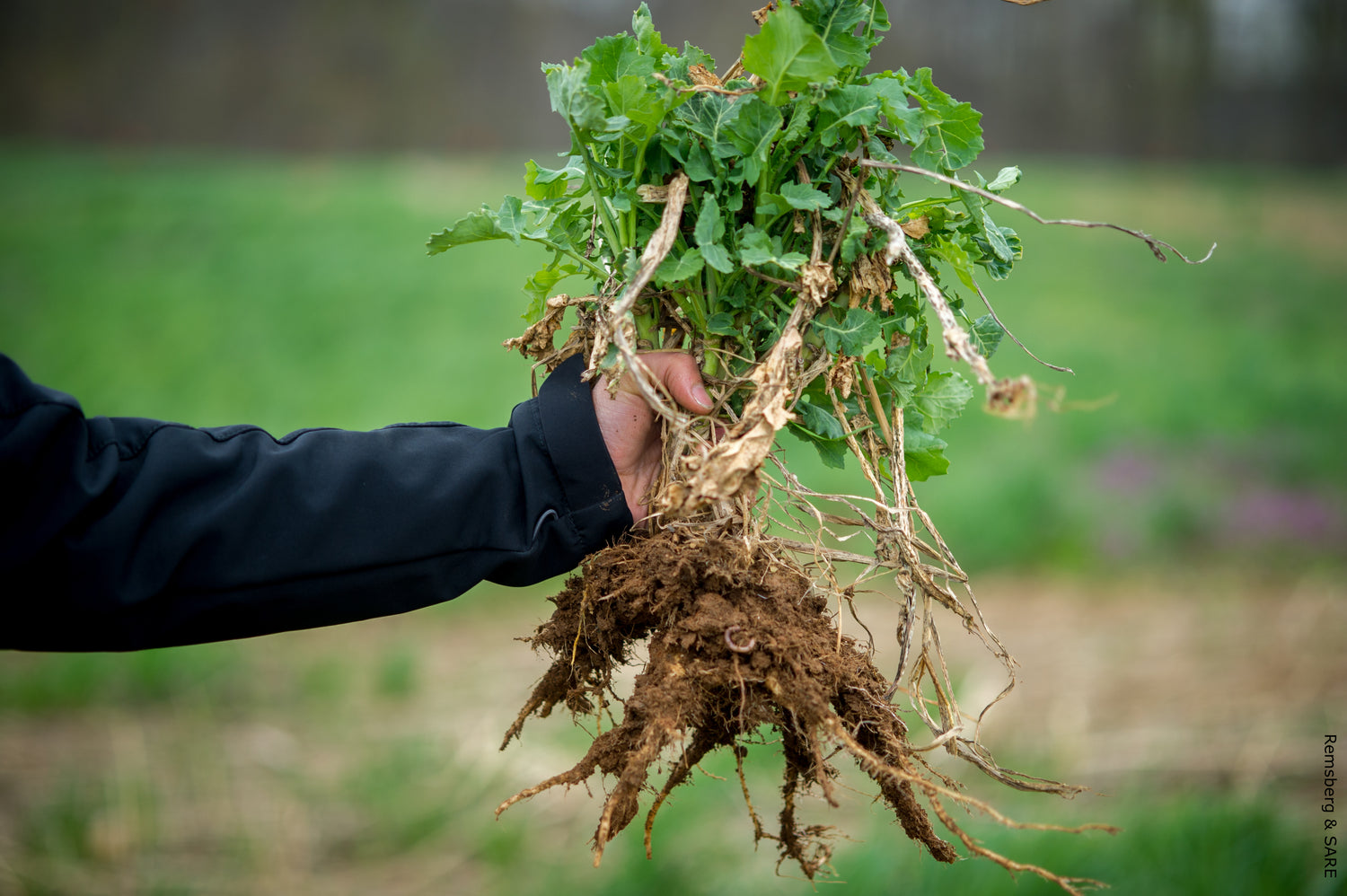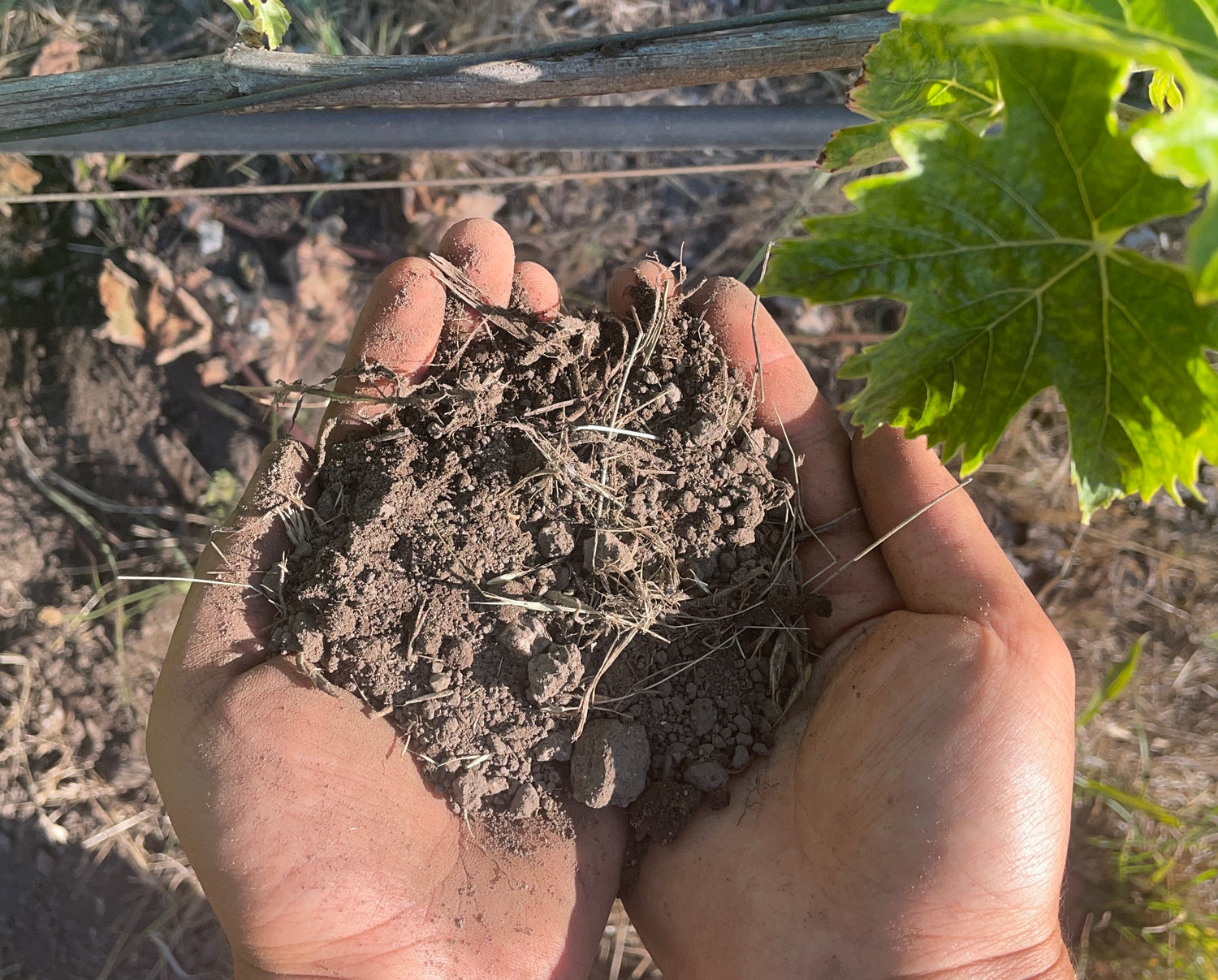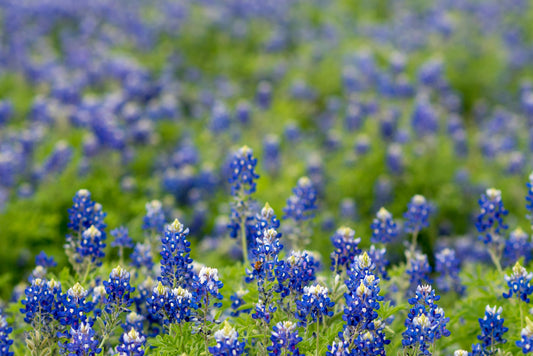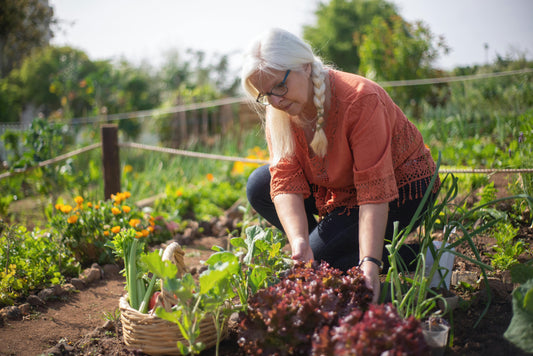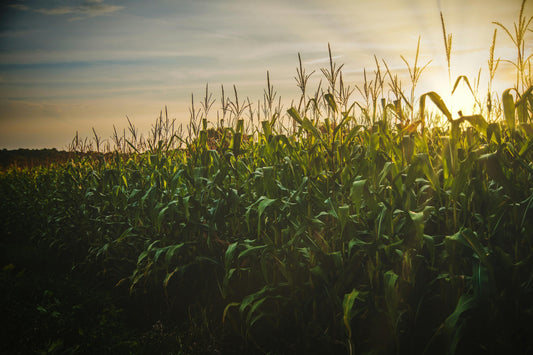Denver's high elevation location at 5,280 feet above sea level and semi-arid climate create unique soil challenges that distinguish it from most other American cities. The combination of alkaline clay soils, low rainfall, and extreme temperature fluctuations requires gardeners and landscapers to understand and adapt to these distinctive growing conditions.
Denver's soils are primarily alkaline clay loams with high pH levels, poor drainage characteristics, and low organic matter content, requiring specific amendment strategies and careful plant selection for successful gardening and landscaping.
Denver Soil Guide: Understanding Colorado's Challenging Growing Conditions
The Geographic Setting and Climate Impact
Denver sits at the edge of Colorado's Great Plains, where the flat prairie meets the Rocky Mountain foothills. This unique geographic position influences soil formation through both geological and climatic factors. The city's semi-arid climate receives only 12-15 inches of annual precipitation, creating conditions that concentrate minerals in the soil rather than washing them away as occurs in higher rainfall regions.
According to the USDA Natural Resources Conservation Service, Denver's soils formed primarily from weathered sedimentary rocks and alluvial deposits. The limited rainfall combined with high evaporation rates leads to the accumulation of salts and carbonates in the soil profile, contributing to the alkaline conditions that characterize most Denver area soils.
Primary Soil Types in the Denver Area
The USDA Soil Survey identifies several distinct soil series throughout the Denver metropolitan area, each presenting unique challenges and opportunities for gardeners and landscapers.
Clay Loam Soils: The Denver Standard
Clay loam soils dominate much of the Denver area, formed from weathered shale and other sedimentary rocks. These soils typically contain significant clay content, resulting in excellent nutrient-holding capacity but challenging drainage characteristics.
The high clay content provides superior nutrient retention compared to sandy soils, meaning fertilizers and organic amendments remain available to plants for longer periods. However, these same clay particles create dense soil structure that can become waterlogged during wet periods and extremely hard when dry.
Clay loam soils expand when wet and contract when dry, a characteristic that can affect both plant roots and building foundations. This shrink-swell behavior requires careful irrigation management to avoid extreme moisture fluctuations.
Sandy Loam Soils: River Corridor Deposits
Sandy loam soils occur primarily along the South Platte River and its tributaries, where water-deposited sediments created more open soil textures. These soils offer superior drainage compared to clay loams but require more frequent irrigation and fertilization.
The larger particle size in sandy loams allows rapid water movement through the soil profile, which helps prevent waterlogging but also increases the risk of drought stress during dry periods. Nutrients applied to sandy soils may leach through the root zone more quickly than in clay soils.
Gardeners working with sandy loam soils often find them easier to cultivate and plant, but must adjust their irrigation and fertilization schedules to account for the faster drainage characteristics.
Urban Modified Soils: Development Impact
Throughout Denver's urban areas, natural soil profiles have been significantly altered by construction, grading, and other development activities. These anthropogenic soils present unique challenges that may not follow typical soil management guidelines.
Construction activities often compact soil severely, reducing pore space and limiting both water infiltration and root penetration. Fill materials may have been imported from various sources, creating highly variable soil conditions even within a single property.
Urban soils may also contain debris, contamination from previous land uses, or layers of impermeable materials that affect drainage patterns. Professional soil evaluation becomes particularly important in urban settings to identify and address these modifications.
Chemical Characteristics and pH Challenges
Denver's most distinctive soil characteristic is its alkaline pH, typically ranging from 7.5 to 8.5 or higher. This alkalinity results from the semi-arid climate and limestone-rich geology that characterizes much of Colorado's Front Range.
According to Colorado State University Extension, the high pH levels in Denver soils significantly affect nutrient availability. Iron, manganese, and phosphorus become less available to plants in alkaline conditions, often leading to nutrient deficiencies even when these elements are present in the soil.
The alkaline conditions also affect soil biology, favoring different microbial communities than those found in neutral or acidic soils. This can impact organic matter decomposition rates and nutrient cycling processes.
Drainage and Water Management Issues
Poor drainage represents one of the most common challenges in Denver gardening, particularly in areas with heavy clay soils. The combination of fine-textured soils and relatively flat topography in many areas creates conditions where water moves slowly through the soil profile.
Seasonal moisture patterns exacerbate drainage issues, with spring snowmelt and summer thunderstorms delivering large amounts of water in short periods. Clay soils that have become compacted during dry periods may not absorb this water effectively, leading to runoff and erosion.
Many Denver gardeners discover drainage problems only after plants begin showing stress symptoms or during particularly wet periods when standing water becomes visible. Proactive drainage assessment and improvement often proves more effective than reactive solutions.
Soil Testing and Assessment
Professional soil testing provides essential information for successful gardening in Denver's challenging conditions. Basic soil tests should include pH measurement, organic matter content, and major nutrient levels including nitrogen, phosphorus, and potassium.
Given Denver's alkaline conditions, testing for micronutrient availability becomes particularly important. Iron deficiency commonly occurs in alkaline soils despite adequate iron content, because the high pH makes iron less available to plant roots.
Soil testing should also include electrical conductivity measurement to assess salt levels, which can become elevated in Denver's semi-arid climate. The Colorado State University Soil Testing Laboratory provides comprehensive analysis services specifically calibrated for Colorado soil conditions.
Organic Matter and Soil Biology
Denver's semi-arid climate and alkaline soils typically contain lower levels of organic matter compared to more humid regions. The low rainfall and high evaporation rates limit plant growth and organic matter production, while the alkaline conditions affect decomposition processes.
According to the Natural Resources Conservation Service, increasing soil organic matter provides multiple benefits in Denver's challenging conditions. Organic matter improves soil structure in heavy clay soils, increases water retention in sandy soils, and enhances nutrient availability across all soil types.
Compost addition represents the most effective method for building organic matter in Denver soils, but the type and quality of compost matters significantly. Well-aged compost from local sources often provides better results than fresh or poorly composted materials.
Amendment Strategies for Different Soil Types
Successful soil improvement in Denver requires strategies tailored to specific soil conditions and gardening goals. Generic approaches often fail to address the unique combination of challenges present in Front Range soils.
Clay Soil Improvement
Clay soil improvement focuses on enhancing drainage and reducing compaction while maintaining the beneficial nutrient-holding characteristics. Adding 2-4 inches of quality compost annually helps improve soil structure over time without overwhelming the existing soil biology.
Coarse organic materials like aged wood chips or composted bark provide longer-lasting structure improvement than fine compost alone. These materials create air spaces within the clay matrix while gradually decomposing to feed soil organisms.
Avoiding soil compaction becomes critical in clay soils, requiring careful timing of garden activities and the use of permanent pathways to prevent repeated foot traffic on growing areas.
Sandy Soil Management
Sandy soil management emphasizes water and nutrient retention while maintaining the beneficial drainage characteristics. Regular organic matter additions help build soil structure and improve the soil's ability to hold both water and nutrients.
Mulching becomes particularly important in sandy soils to reduce evaporation and moderate soil temperature fluctuations. Organic mulches also gradually break down to contribute additional organic matter to the soil.
More frequent, smaller applications of fertilizer often work better in sandy soils than large, infrequent applications that may leach through the root zone before plants can utilize the nutrients.
Plant Selection for Denver Soil Conditions
Successful Denver gardening often depends more on appropriate plant selection than on extensive soil modification. Plants adapted to alkaline, clay-rich soils typically establish more successfully and require less ongoing maintenance than species requiring specific soil conditions.
Native Colorado plants evolved in local soil conditions and generally perform well without extensive soil modification. The Colorado Native Plant Society provides extensive resources for selecting appropriate native species for different soil types and garden situations.
Many Mediterranean climate plants also adapt well to Denver's alkaline soils and semi-arid conditions, offering expanded options for both edible and ornamental gardening. These plants often require minimal supplemental irrigation once established.
Seasonal Soil Management
Denver's extreme seasonal variations require adapted soil management strategies throughout the year. Spring often brings saturated soils from snowmelt, while summer presents drought conditions and intense heat that can damage unprotected soil.
Fall represents the optimal time for major soil improvements, allowing amendments to integrate over winter while avoiding the stress of summer heat or spring saturation. Cover cropping during winter months can provide additional organic matter while protecting soil from erosion.
Winter soil protection becomes important in Denver's climate, where repeated freeze-thaw cycles can damage soil structure and harm plant roots. Mulching and other protective measures help moderate temperature fluctuations.
Water-Wise Soil Management
Water conservation considerations increasingly influence soil management decisions in Denver's semi-arid climate. Soil improvements that enhance water retention reduce irrigation requirements while supporting healthier plant growth.
Drip irrigation systems work particularly well with Denver's clay soils, providing slow, deep watering that allows gradual infiltration without runoff. These systems also deliver water directly to plant root zones, minimizing evaporation losses.
Xeriscaping principles integrate soil management with water-efficient landscaping design, emphasizing soil improvement in planted areas while using hardscaping and drought-tolerant plants to minimize overall water requirements.
Troubleshooting Common Soil Problems
Denver gardeners commonly encounter specific soil-related problems that require targeted solutions. Iron chlorosis, characterized by yellowing leaves with green veins, frequently occurs in alkaline soils despite adequate iron content.
Salt accumulation may develop in areas with poor drainage or heavy irrigation, particularly when using water with high mineral content. Regular soil testing helps identify developing salt problems before they become severe.
Compaction problems often develop gradually in clay soils, particularly in high-traffic areas or where heavy equipment has been used. Core aeration and organic matter addition can help restore soil structure over time.
Professional Resources and Support
Colorado State University Extension provides research-based information and educational programs specifically for Front Range growing conditions. Their publications and workshops address the unique challenges of gardening in Denver's soil and climate conditions.
Local Master Gardener programs offer volunteer expertise and often maintain demonstration gardens that showcase successful techniques for local soil conditions. These programs provide valuable hands-on learning opportunities for Denver area gardeners.
Professional soil testing services, landscape consultants, and garden center staff familiar with local conditions can provide customized advice for specific soil challenges and gardening goals.
Long-Term Soil Health Strategies
Building healthy soil in Denver's challenging conditions requires patience and consistent management over multiple seasons. Quick fixes rarely provide lasting solutions to the complex challenges presented by alkaline clay soils in a semi-arid climate.
Sustainable soil management emphasizes working with natural soil processes rather than fighting against them. This approach often proves more cost-effective and environmentally sound than attempting to completely modify existing soil conditions.
Regular monitoring and gradual improvement typically produce better results than dramatic interventions that may disrupt established soil biology or create new problems while solving existing ones.
Conclusion
Denver's unique combination of altitude, climate, and geology creates soil conditions that challenge conventional gardening wisdom. Understanding these conditions and adapting management practices accordingly enables successful gardening and landscaping despite the inherent challenges.
The key to Denver gardening success lies in working with the soil rather than against it, using appropriate amendments and plant selections that complement existing conditions rather than trying to completely transform them. Through proper testing, targeted improvements, and patient management, Denver's challenging soils can support beautiful and productive gardens.
Sources
- USDA Natural Resources Conservation Service. Web Soil Survey - Colorado. https://websoilsurvey.sc.egov.usda.gov/
- Colorado State University Extension. Soil Testing and Plant Nutrition. https://extension.colostate.edu/topic-areas/agriculture/soil-testing-0-520/
- Colorado State University Soil Testing Laboratory. Soil Analysis Services. https://agsci.colostate.edu/soiltestinglab/
- Colorado Native Plant Society. Gardening with Native Plants. https://www.conps.org/
- Denver Water. Water-Wise Landscaping Guide. https://www.denverwater.org/conservation/landscape-and-gardening
- USDA NRCS. Soil Health Management. https://www.nrcs.usda.gov/conservation/soil-health/
- Colorado Department of Agriculture. Soil and Plant Health Programs. https://ag.colorado.gov/conservation/soil-plant-health
- Front Range Soil Survey. Colorado Soil Characteristics. https://www.nrcs.usda.gov/conservation/soil-survey/







